Stinging nettle is a nutrient-dense herb commonly used in Western herbal traditions. It may help lower inflammation, ease hay fever, and improve blood pressure and blood sugar control — among several other potential advantages.
Stinging nettle (Urtica dioica) has been valued in herbal practice for centuries.
Ancient Egyptians applied stinging nettle for arthritis and lower back discomfort, while Roman soldiers reportedly used it to generate warmth by rubbing it on their skin (1).
Its botanical name, Urtica dioica, derives from the Latin root uro, meaning “to burn,” a nod to the brief stinging sensation its leaves can cause on contact.
The leaves are covered in fine hairs that can produce stinging, itching, redness and swelling when touched.
That said, once processed into supplements, dried, freeze-dried or cooked, stinging nettle is safe to eat. Research connects it with several possible health benefits.
Below are six evidence-backed advantages of stinging nettle.
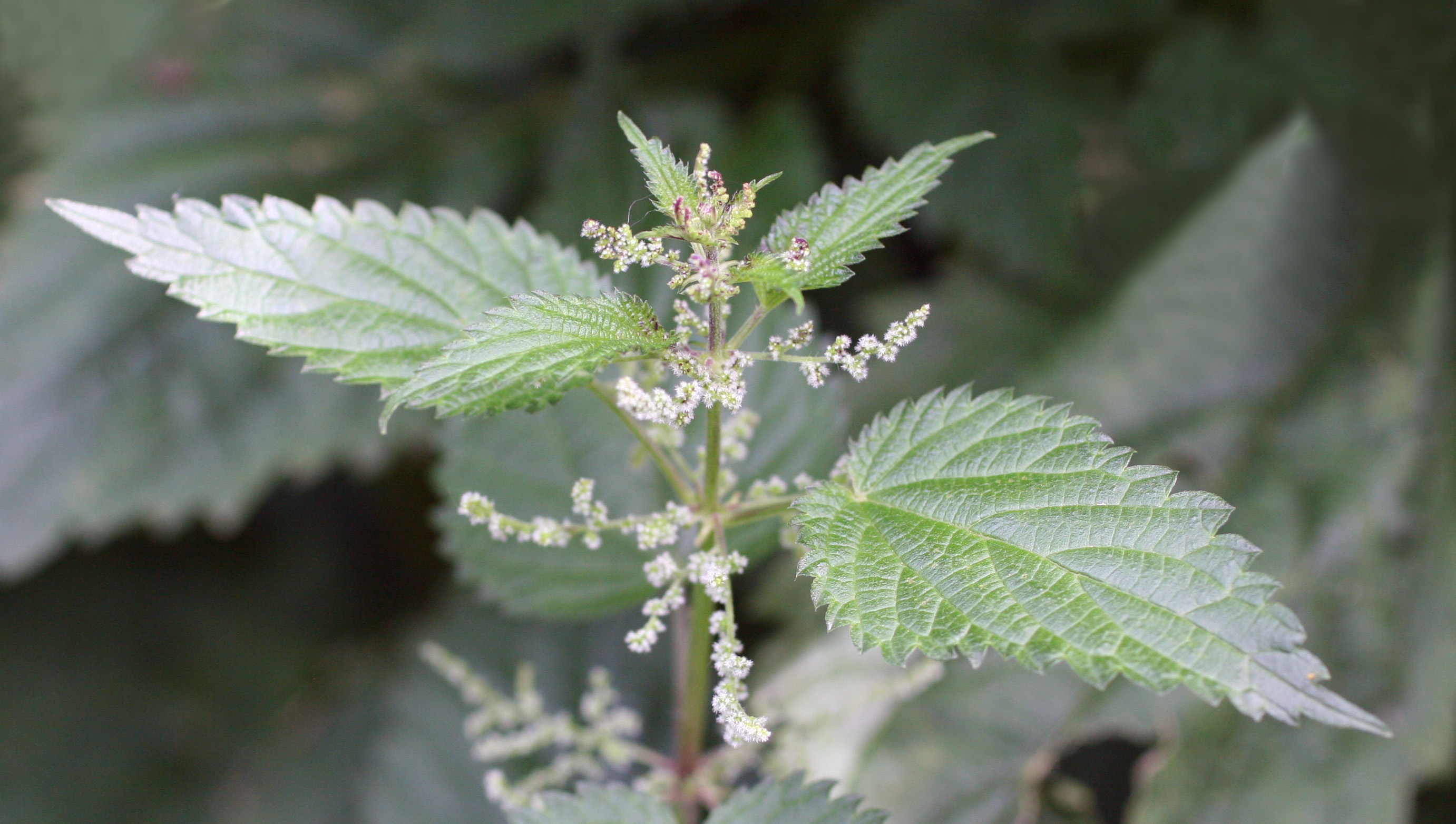
1. Packed with Nutrients
Both the leaves and root of stinging nettle supply a broad array of nutrients, including (1):
- Vitamins: A, C and K, plus various B vitamins
- Minerals: Calcium, iron, magnesium, phosphorus, potassium and sodium
- Fats: Linoleic acid, linolenic acid, palmitic acid, stearic acid and oleic acid
- Amino acids: All essential amino acids
- Polyphenols: Kaempferol, quercetin, caffeic acid, coumarins and other flavonoids
- Pigments: Beta-carotene, lutein, luteoxanthin and other carotenoids
Many of these constituents act as antioxidants within the body.
Antioxidants neutralize free radicals that can damage cells; such damage is associated with aging and conditions like cancer and other chronic illnesses.
Research indicates that stinging nettle extracts may boost antioxidant levels in the blood.
However, typical doses found in herbal supplements are unlikely to supply large amounts of all these compounds.
Summary Stinging nettle provides a mix of vitamins, minerals, fatty acids, amino acids, polyphenols and pigments — many of which function as antioxidants in the body.
2. May Help Decrease Inflammation
Inflammation is a natural healing response to injury and infection.
Chronic inflammation, though, can cause harm over time.
Stinging nettle contains several constituents that might lower inflammation.
In laboratory and animal experiments, stinging nettle reduced multiple inflammatory markers by disrupting their production.
Human research suggests that topical stinging nettle preparations or oral products can ease inflammatory disorders, such as arthritis.
For example, in a 27-person trial, applying a nettle cream to arthritic joints significantly reduced pain compared with a placebo.
In another study, participants taking a supplement containing stinging nettle extract experienced notable reductions in arthritis pain and reported being able to cut back on anti-inflammatory pain medications.
Still, the evidence is not yet strong enough to formally recommend stinging nettle as an anti-inflammatory therapy; larger human trials are needed.
Summary Stinging nettle may help suppress inflammation and thus benefit inflammatory conditions like arthritis, but additional research is required.
3. May Improve Symptoms of an Enlarged Prostate
As many as half of men older than 50 have an enlarged prostate.
This condition, called benign prostatic hyperplasia (BPH), can make urination uncomfortable and difficult.
Some studies suggest stinging nettle could aid BPH symptoms.
Animal data indicate the plant might block the conversion of testosterone into dihydrotestosterone (DHT), a more potent androgen.
Inhibiting this conversion can help reduce prostate enlargement.
Trials in men with BPH show that nettle extracts can improve short- and long-term urinary issues without causing notable side effects.
However, it remains uncertain how nettle compares with standard medical treatments.
Summary Stinging nettle may help shrink prostate size and relieve urination symptoms in men with BPH.
4. May Relieve Hay Fever Symptoms
Hay fever is an allergic inflammation affecting the nasal lining.
Stinging nettle is considered a potential natural remedy for seasonal allergies.
Laboratory research shows nettle extracts can block inflammatory pathways that contribute to seasonal allergy symptoms.
This includes inhibiting histamine receptors and preventing immune cells from releasing allergy-causing substances.
Yet, human trials suggest nettle is comparable to or only marginally better than placebo for hay fever relief.
While it appears promising, more extended human studies are needed to confirm its effectiveness for allergies.
Summary Stinging nettle may ease hay fever symptoms, but some research shows only minimal benefit over placebo. More studies are required.
5. May Help Lower Blood Pressure
Almost half of U.S. adults have elevated blood pressure.
High blood pressure raises the risk of heart disease and stroke, major causes of death worldwide.
Traditionally, nettle has been used to address high blood pressure.
Animal and in vitro studies suggest it may reduce blood pressure through several mechanisms.
For example, it may increase nitric oxide production, which dilates blood vessels. Vasodilation relaxes vessel muscles, allowing wider blood flow.
Stinging nettle also contains compounds that might act as calcium channel blockers, easing heart contractions and reducing cardiac workload.
In animal models, nettle lowered blood pressure while enhancing cardiac antioxidant defenses.
Human data are limited and inconsistent, so more clinical trials are necessary before making firm recommendations.
Summary Stinging nettle may reduce blood pressure by relaxing blood vessels and lessening cardiac contractility, but further human research is needed.
6. May Support Blood Sugar Management
Both animal and human studies link stinging nettle with reduced blood glucose levels.
Some constituents in the plant may act similarly to insulin.
In one three-month trial with 46 participants, taking 500 mg of stinging nettle extract three times daily significantly decreased blood sugar compared with placebo.
Despite encouraging outcomes, human research is still scarce, and more studies are warranted.
Summary Stinging nettle may help lower blood sugar, but additional human studies are essential before firm guidance can be provided.
Other Possible Advantages
Stinging nettle may have other health-related effects, such as:
- Reduced bleeding: Preparations containing nettle extract have been shown to decrease excessive bleeding, especially after surgical procedures.
- Liver protection: Its antioxidant actions may shield the liver from toxins, heavy metals and inflammatory damage.
- Mild diuretic: Nettle might help the body eliminate extra salt and water, which could temporarily lower blood pressure; these findings primarily come from animal research.
- Wound and burn healing: Topical nettle creams may promote healing of wounds, including burns.
Summary Other possible benefits include reduced bleeding, improved liver protection and support for wound healing.
Potential Adverse Effects
Eating dried or cooked stinging nettle is typically safe and causes few side effects for most people.
Be cautious when touching fresh nettle leaves, which have tiny barbs that can irritate skin.
Those barbs can deliver various chemicals, such as (1):
- Acetylcholine
- Histamine
- Serotonin
- Leukotrienes
- Formic acid
These substances can trigger rashes, bumps, hives and itching. In rare instances, severe allergic reactions may occur.
Processing the leaves reduces these chemicals, so dried or cooked nettle rarely causes mouth or stomach irritation (1).
Pregnant individuals should avoid nettle because it may stimulate uterine contractions, potentially increasing miscarriage risk (41).
Consult your physician before using stinging nettle if you take any of the following:
- Anticoagulants (blood thinners)
- Blood pressure medications
- Diuretics
- Diabetes drugs
- Lithium
Nettle may interact with these treatments. For example, its diuretic effect could amplify prescription diuretics, increasing dehydration risk.
Summary Cooked or dried stinging nettle is safe for most people, but fresh leaves can cause irritation and some individuals should avoid it or consult a doctor first.
How to Use Stinging Nettle
Stinging nettle is simple to incorporate into your routine.
You can find it in many natural food shops, or cultivate it yourself.
Available forms include dried or freeze-dried leaves, capsules, tinctures and topical creams. Ointments are commonly used for osteoarthritis relief.
Dried leaves and flowers make a pleasant herbal tea, and the leaves, stems and roots can be cooked into soups, stews, smoothies and stir-fries. Avoid eating fresh leaves because their barbs can irritate the skin.
There’s no universally accepted dosage for nettle products.
That said, studies indicate the following amounts are commonly used for specific conditions:
- Enlarged prostate: 360 mg of root extract daily
- Allergies: 600 mg of freeze-dried leaves per day
If you choose a nettle supplement, talk with your healthcare provider before starting and follow the product’s directions.
Summary Stinging nettle is versatile: it can be cooked, brewed as tea, applied topically or taken as a supplement.
The Bottom Line
Stinging nettle is a nutritious herb well-regarded in Western herbal medicine.
Research suggests it may help reduce inflammation, ease hay fever, and lower blood pressure and blood sugar — among other potential effects.
While fresh nettle can irritate the skin, dried, cooked or freeze-dried nettle is generally safe to consume.
If you’re interested, consider adding this leafy herb to your diet or wellness regimen.

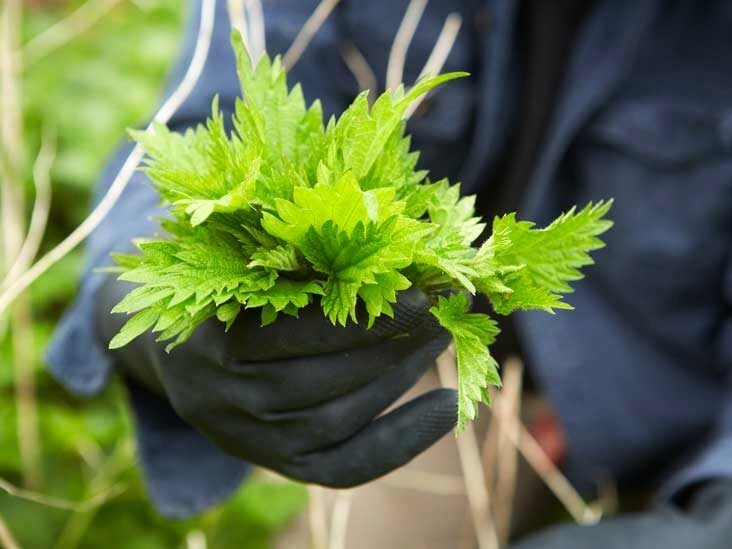

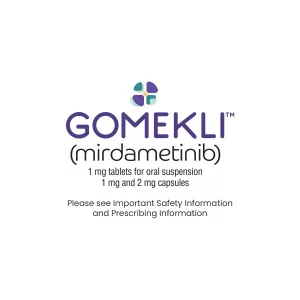
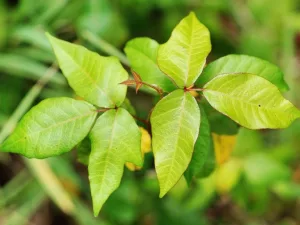
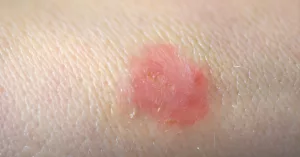
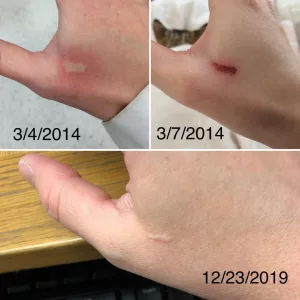

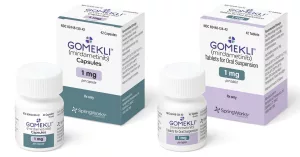




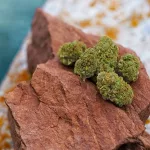



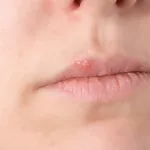

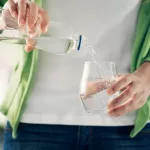

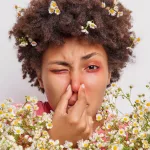
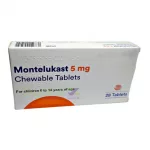
Leave a Reply
You must be logged in to post a comment.